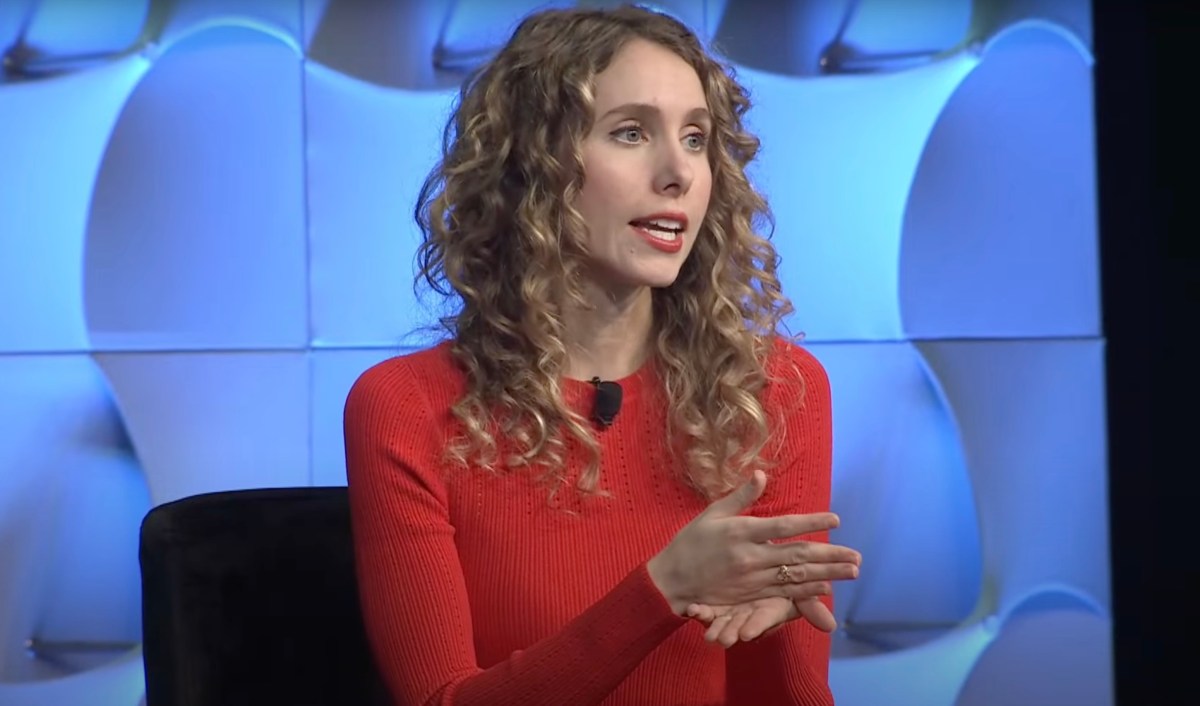As AI companions become increasingly popular as digital friends or virtual romantic partners, experts are raising concerns about the potential impact of this technology on our face-to-face social interactions and relationships.
Kasley Killam, author of the book on social health “The Art and Science of Connection: Why Social Health Is the Missing Key to Living Longer, Healthier, and Happier,” suggests that while AI can be a useful tool for practicing social skills, it should not be relied upon as a substitute for human connections and personal relationships.
During a recent panel discussion at the SXSW conference in Austin, Killam expressed her skepticism about the ability of AI to genuinely improve people’s social skills, despite claims made by AI companies that their products can help users practice conversations and other social interactions.
“That may be true,” she acknowledged, “but it’s crucial that we don’t let this type of practice replace real-world interactions.” Killam emphasized the importance of creating a society where people feel at ease and have opportunities to practice social skills in person, such as in schools and everyday life.
Killam’s research for her book revealed that hundreds of millions of users are already utilizing AI as a substitute for human connection, whether as a friend, romantic partner, or spouse.
According to recent research from app intelligence provider Appfigures, AI companion mobile apps saw a staggering 652% year-over-year revenue growth in 2024, with $55 million in consumer spending. The United States was the largest market for these apps, accounting for 30.5% of total consumer spending.
Killam expressed mixed feelings about this trend, stating, “I’m concerned that we’ve created a culture where people feel the need to turn to AI for companionship. However, if AI is used in addition to in-person relationships, it could be beneficial.”
Killam believes that AI chatbots like ChatGPT can be useful in certain situations, but she advises using them as only one part of a broader portfolio of social health tools, rather than relying on them as a replacement for genuine relationships.
“A core principle of social health is having diverse sources of social interaction,” Killam explained. “It’s not just about socializing with one person or relying on a single source. If AI is one of those sources, I’m open to it.” However, she warned that problems arise when AI becomes the primary or sole source of social interaction.
Killam also discussed the intersection of technology and social health in other areas, including the impact of technology on the loneliness epidemic, our culture of busyness, and how people spend their time scrolling through social media or consuming media instead of engaging with others.
As an alternative, Killam suggested calling or texting a friend during downtime, rather than immediately turning to technology for entertainment.
Source Link





